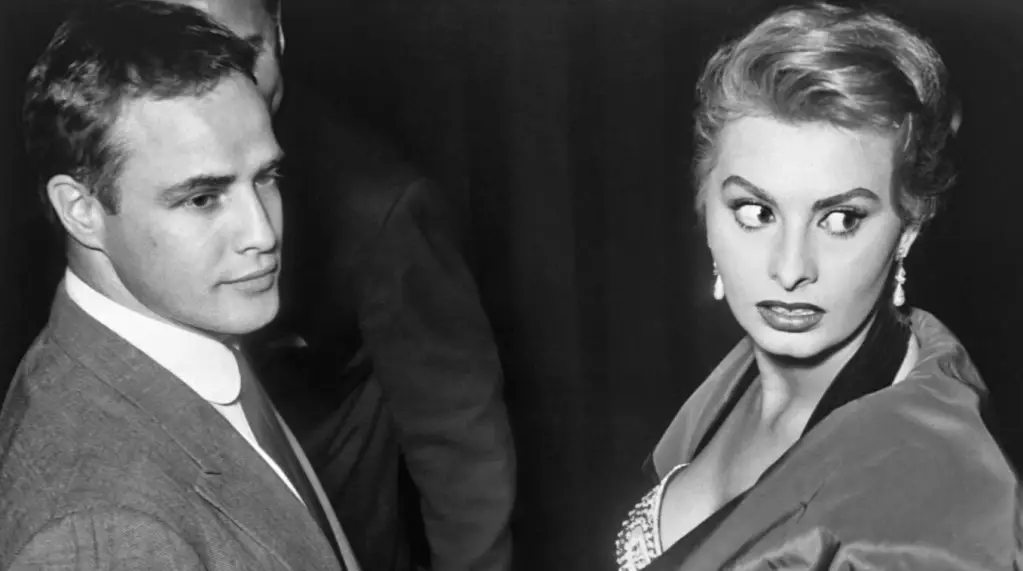Marlon Brando, a name synonymous with powerful performances and unbridled passion, left an indelible mark on the film industry in the 1950s. However, behind his celebrated status lay moments of intense frustration, particularly illustrated during the Italian premiere of his cinematic masterpiece, *On The Waterfront*. This event offers a glimpse into the complexities of his character, blending artistry with the vulnerability of an actor confronted with circumstances beyond his control.
The root of Brando’s ire was not merely an artistic disagreement but a profound cultural misalignment. When he learned that his voice had been dubbed by an Italian actor for the local adaptation, it felt to him like an affront to his identity as an artist. In his own words, Brando expressed a sense of betrayal, conveying that he was “an actor, not a ventriloquist’s dummy.” This sentiment speaks to a broader issue experienced by actors in foreign markets, where their essence may be altered or overshadowed by translation.
The narrative surrounding this incident gained clarity through *Hollywood on the Tiber*, a memoir penned by Hank Kaufman and Gene Lerner. Their firsthand accounts shed light on the intricate dynamics of the film industry in 1950s Italy, a time characterized by intense creativity but also stark realities for international stars. Witnessing Brando’s emotional outburst first-hand, the authors provide an authentic view of the glamour and pitfalls associated with celebrity life during that era.
Following his initial reaction, which saw him storming out of the cinema in visible distress, Brando’s later return to the audience exemplified a complicated interplay of pride and the longing for validation. After regaining composure, he was met with roaring applause—a fitting acknowledgment of his talent and the impact of *On The Waterfront*. This scene encapsulated the duality of being a star: the ability to create profound art while simultaneously grappling with the unpredictable reception of that art.
Marlon Brando remains an embodiment of the “angry young man” archetype in cinema. His response to the Italian premiere reveals the depths of his dedication to his craft, juxtaposed with the vulnerability that accompanies fame. As much as he was a titan of the screen, Brando was also a man capable of feeling alienated and misunderstood, qualities that resonate universally, transcending time and cultural boundaries.
In retrospect, this eruption of emotion at an Italian film premiere serves as a powerful reminder of the challenges artists face in maintaining their integrity and voice amidst an ever-changing cultural landscape. Ultimately, Brando’s experience not only deepens our understanding of his character but also calls into question the nature of authenticity in representation within the global film industry.

